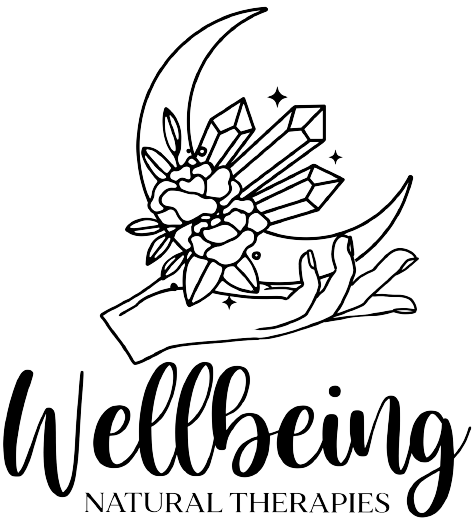In a world filled with hustle and bustle, achieving a restful night's sleep can often feel elusive. For those grappling with sleep issues, the ancient practice of reflexology offers a promising avenue for finding tranquility. This blog post explores the relationship between reflexology and sleep, answering questions about its effectiveness, identifying key reflex points for promoting better sleep, and shedding light on the reasons behind nighttime awakenings.
Does Reflexology Help You Sleep Better?
The journey to better sleep often involves exploring various approaches, and reflexology has gained recognition for its potential in improving sleep quality. By targeting specific reflex points on the feet, hands, and ears, reflexology aims to balance the body's energy flow, alleviate stress, and promote relaxation. Many individuals have reported experiencing deeper and more restful sleep after incorporating reflexology into their routine. While results may vary, the calming effects of reflexology make it a valuable tool for those seeking a natural solution to sleep troubles.
Reflexology Points for Sleep:
- Pituitary Gland (Center of the big toe): This point is associated with the body's master gland, influencing sleep patterns and promoting relaxation.
- Thyroid Gland (Base of the big toe): Stimulation of this point may help regulate the thyroid, contributing to overall balance in the body and supporting a peaceful night's sleep.
- Heart (Center of the ball of the foot): The heart reflex point is linked to emotional well-being. Reflexology on this area may help release tension and promote a sense of calm conducive to sleep.
- Liver (On the right foot, just below the ribcage): The liver is associated with detoxification, and reflexology on this point may aid in releasing toxins, contributing to a more relaxed state for bedtime.
- Solar Plexus (Located in the center of the foot): Reflexology on the solar plexus point may help alleviate stress and anxiety, common culprits of sleep disturbances.
Why Do I Keep Waking in the Night?
Understanding the reasons behind nighttime awakenings is crucial for addressing sleep issues. Some common factors include:
- Stress and Anxiety: High stress levels or unresolved anxiety can disrupt sleep patterns, causing individuals to wake up during the night.
- Hormonal Imbalances: Fluctuations in hormones, especially for women approaching menopause, can lead to night sweats and disruptions in sleep.
- Digestive Issues: Consuming heavy meals close to bedtime or experiencing digestive discomfort can prompt waking in the night.
- Environmental Factors: External factors like noise, light, or an uncomfortable sleep environment can contribute to nighttime awakenings.
- Sleep Disorders: Conditions such as sleep apnea or insomnia may lead to frequent interruptions in sleep.
Reflexology stands as a holistic and non-invasive approach to addressing sleep issues. By targeting specific reflex points, it seeks to restore balance to the body, alleviate stress, and induce a state of relaxation conducive to a restful night's sleep.
